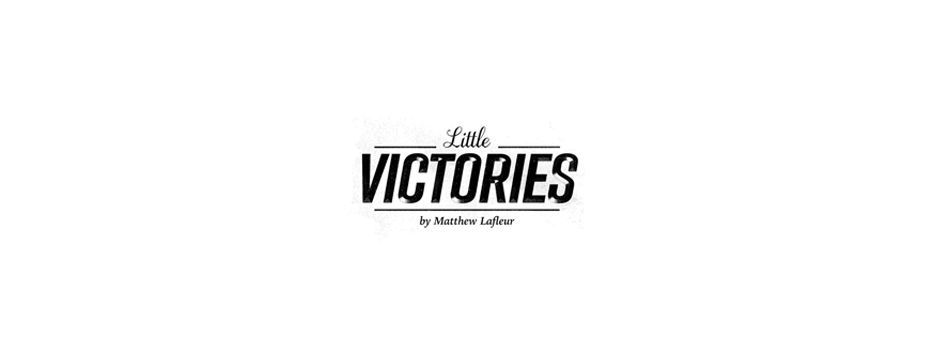Disability, Independence, and Egrets
Written by |

I was thinking of egrets as I landed uncomfortably on the floor after my wheelchair brake betrayed me.
Well, it wasn’t really a betrayal, but rather my own fault for kicking the brake as I turned over while I slept. A few hours later, as I was making the always risky move of transferring from my bed to my wheelchair, the unbraked wheel rolled freely, making the seat of my wheelchair a moving target. I prepared for a crash landing when I struck air where a seat should have been.
Maybe the most common symptom of my disorder is the lack of muscle coordination.
Look, Ma, no balance!
I toppled onto the hardwood floor. I am fortunate that despite my many falls, including this one, I’ve never been injured beyond a minor cut or bruise (except for that one time in Philly).
Friedreich’s ataxia is not for the faint of heart.
As soon as I hit the ground, I used my smart speaker to call my personal care attendant, who was working next door. She said she’d come over quickly to help me up, using the lift on my ceiling.
When the smart speaker hung up, the adrenaline from my sudden fall wore off. I knew I wasn’t in pain, and that help was coming soon, so I began to feel contemplative — and ashamed.
It’s stupid to be frustrated when needing other people’s help. Yet, I foolishly pride myself on my independence. My column last week was about the value of struggling, and I wrote about distinguishing between struggling to live and struggling to death.
To unpack that contradictory statement a bit, there is a difference between denying help out of strength and denying help out of hardheadedness. If I refuse to ask someone to push me down the hall in my wheelchair, I do so because I am still capable of pushing myself.
But in moments like these, on the floor next to my wheelchair, I knew I couldn’t get up independently.
Acknowledging that I couldn’t get up on my own sent a shameful, heavy blush to my cheeks. Before I criticized myself for being more helpless than I’d like, I thought about egrets.
Those awkward-looking, crane-like birds have been on my mind lately. Egrets are common in this area year-round, where they can be seen dotting open fields of farmland. They can be spotted on the backs of grazing cattle, giving them the name I know them by: “cow birds.”
These birds have a symbiotic relationship with cows. They feed on the insects that often swarm on and irritate the cattle, and the cows allow the egrets to stand undisturbed on their backs.
The cows don’t brush the egrets off, or moo to themselves that they can get bugs off of their backs on their own.
Nor do egrets fly away from cattle, preferring to find their food independently.
If Mother Nature realizes the value of accepting help, maybe I can, too.
When I fall to the floor and realize I’m not as independent as I wish to be, I am tempted to wallow in self-pity. But that feeling is destructive. Instead, I focus on gratitude. I am fortunate enough to have a personal care attendant, a family, and friends who will go out of their way to help me if I need something. I’m learning that it’s more important to functionally get by than to consider myself independent.
Although I wish I could do most things on my own, sometimes accepting help when I need it is the most independent decision I can make.
***
I finally sat tall (comparatively) in my wheelchair as my personal care attendant put the lift aside for use later in the day for me to get in my standing frame.
I hope she can see my thankfulness, even though I still get aggravated that I can’t do this on my own.
I’m working on it.
I’m still trying to find the difference between struggling to die and struggling to live.
Be like a cow or an egret, I tell myself.
I rolled myself in front of the mirror to brush my teeth, ready to start my day.
***
Friedreich’s Ataxia News is strictly a news and information website about the disease. It does not provide medical advice, diagnosis or treatment. This content is not intended to be a substitute for professional medical advice, diagnosis, or treatment. Always seek the advice of your physician or another qualified health provider with any questions you may have regarding a medical condition. Never disregard professional medical advice or delay in seeking it because of something you have read on this website.The opinions expressed in this column are not those of Friedreich’s Ataxia News or its parent company, Bionews, and are intended to spark discussion about issues pertaining to Friedreich’s ataxia.



Leave a comment
Fill in the required fields to post. Your email address will not be published.